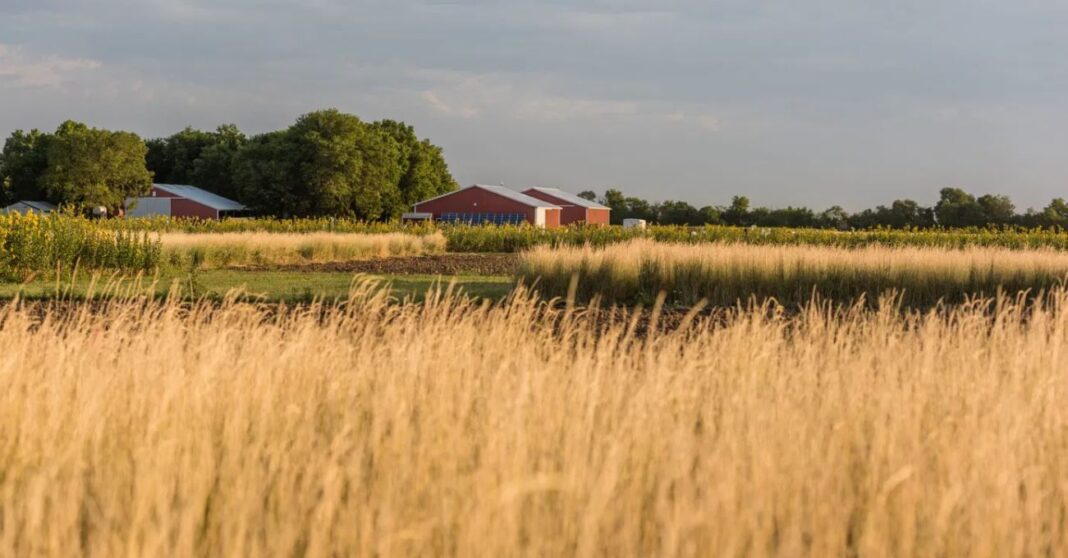George Monbiot is a British environmental and political activist. In his recent essay at The Guardian, Monbiot considers the likelihood of a “contagious collapse” on the part of the global food industry. In short, food industry concentration runs the risk of promoting fragility rather than resilience.
One aspect of this potential problem is what we’re eating.
One of the fastest cultural shifts in human history is the convergence towards a “Global Standard Diet”. While our food has become locally more diverse, globally it has become less diverse. Just four crops – wheat, rice, maize and soy – account for almost 60% of the calories grown by farmers. Their production is now highly concentrated in a handful of nations, including Russia and Ukraine. The Global Standard Diet is grown by the Global Standard Farm, supplied by the same corporations with the same packages of seed, chemicals and machinery, and vulnerable to the same environmental shocks.
Monbiot observes that “on one estimate, just four corporations control 90% of the global grain trade. The same corporations have been buying into seed, chemicals, processing, packing, distribution and retail.”
Elsewhere, Monbiot surveys efforts to offer alternatives, as with perennial grain crops, which if viable would alter the cycle of grain production.
Solutions with deep roots, by George Monbiot (Wicked Leeks)
The problem is that in cultivating annuals, we must keep the land in the catastrophic state they prefer. Every year, we must clear the soil of competing plants, puncture or turn it, and plaster it with the nutrients required to raise a crop from seed to maturity in a few months.
However sensitively it is conducted, annual grain production relies on sustaining an ecological disaster for its success. But if instead we grew perennial grain crops, we would not depend on smashing living systems apart to produce our food.
The Land Institute explains its mission (and has today’s cover photo credit).
The Land Institute is a science-based research organization working to develop an alternative to current destructive agricultural practices. Our work is dedicated to advancing perennial grain crops and polyculture farming solutions.
Monbiot’s new book is Regenesis: Feeding the World without Devouring the Planet.
Regenesis is a breathtaking vision of a new future for food and for humanity. Drawing on astonishing advances in soil ecology, Monbiot reveals how new discoveries about the world beneath our feet could allow us to grow more food with less farming, and transform our relationship with the living planet. He meets the people who are unlocking these methods, from the fruit and vegetable grower who is revolutionising our understanding of fertility; through breeders of perennial grains, liberating the land from ploughs and poisons; to the scientists pioneering new ways to grow protein and fat. Together, they show how the tiniest life forms could help us resolve the biggest of our dilemmas: how to feed the world without devouring the planet.























